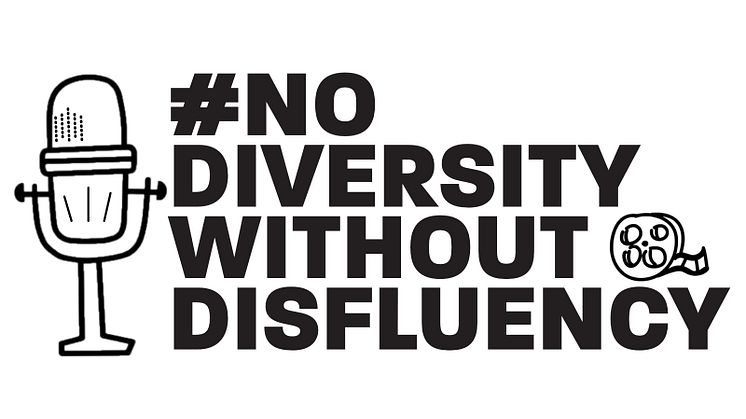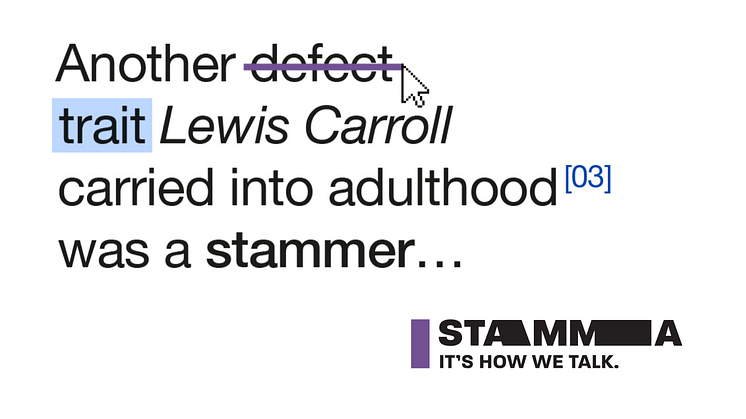
News -
How Many Adults Stammer?
Since 2018 STAMMA have been using YouGov to run polling asking people whether they have a stammer or not. In the polling stammering is described as “when someone struggles to get words out, often repeats or prolongs sounds or words, or gets stuck without any sound. Sometimes this includes putting in extra sounds or words. This is different from the problems most people will commonly experience, the occasional hesitation or stumbling around words”.
In 2018 and 2019, the polling revealed that 3% of those polled said that they had a stammer. In 2020, the polling showed that 4% said that they had a stammer. These figures run contrary to what has previously been understood. Researchers have for the most part put the figure at around 0.7% to 1% of the adult population who stammer. Very often this figure has been determined by researchers assessing whether adults or children stammer or not from the amount of obvious stammering they displayed in a short period of speech.
Prior research has not generally asked people whether they believed themselves to stammer. While such self-identification may not be perfect, we believe it is nevertheless a valid approach because it reflects people’s own experiences rather than the perceptions and opinions of others. We hear all too often about the distress felt by those who stammer who aren’t believed, so using self-identification gives people who stammer a voice that until now they have not been given.
Last year we decided stress test these results to see if respondents really understood what a stammer meant.
We worked with J. Scott Yaruss (Professor in Communicative Sciences and Disorders) and his team at Michigan State University. We expanded the numbers polled to 6,000 to ensure that the number of people answering that they had a stammer wouldn’t be so small as to be insignificant. And we also asked about other health conditions like Parkinson’s Disease, to make sure that people weren’t confusing stammering with other types of speech disruptions. We also put in exclusion responses to rule out people who might confuse stammering with ‘muddling up words and saying the wrong thing’.
For 2021, results of those 6,000 people, show that 2% identify as having a stammer based on the definition provided. 2% of the population would equate to over 100 million adults worldwide.
We’ve added these questions as an attachment – in case other people, organisations or countries wish to copy this polling for themselves. We hope to present a more detailed analysis of this polling at the Joint World Congress on Stuttering & Cluttering in May, Montreal.
What does this mean?
We know that there is a stigma around stammering, which can lead people to try to hide their stammer from others. This could explain an underestimation of stammering in prior studies, with the full effects of stammering not being recognised. Hiding a stammer comes at a cost—it robs a person of their voice, of their authenticity, of their ability to interact freely with others.
We want to create a better world for people who stammer. To do so, we need to learn more about the experience of stammering on people’s lives, however they stammer. Only by doing that we can fully understand how to support, help, advocate for, and empower everybody who stammers.
NOTES
Polling. All figures, unless otherwise stated, are from YouGov Plc. Total sample size was 6,302 adults in 2021, 2,022 adults in 2020, 2,018 adults in 2019 and 2,012 adults in 2018 . Fieldwork was undertaken between 19th - 23rd November 2021, 11th - 13th December 2020, 19th - 20th December 2019 and 6th - 7th November 2018. The survey was carried out online. The figures have been weighted and are representative of all GB adults (aged 18+) in 2021,2020 and 2018, and all GB adults (aged 16+) in 2019.
World population estimate: Based on a world population of 7,900,000,000 with an estimated 28% aged under 18, this would leave 5,688,000,000 adults. 2% of adults would equate to 113,760,000 adults worldwide who stammer.





